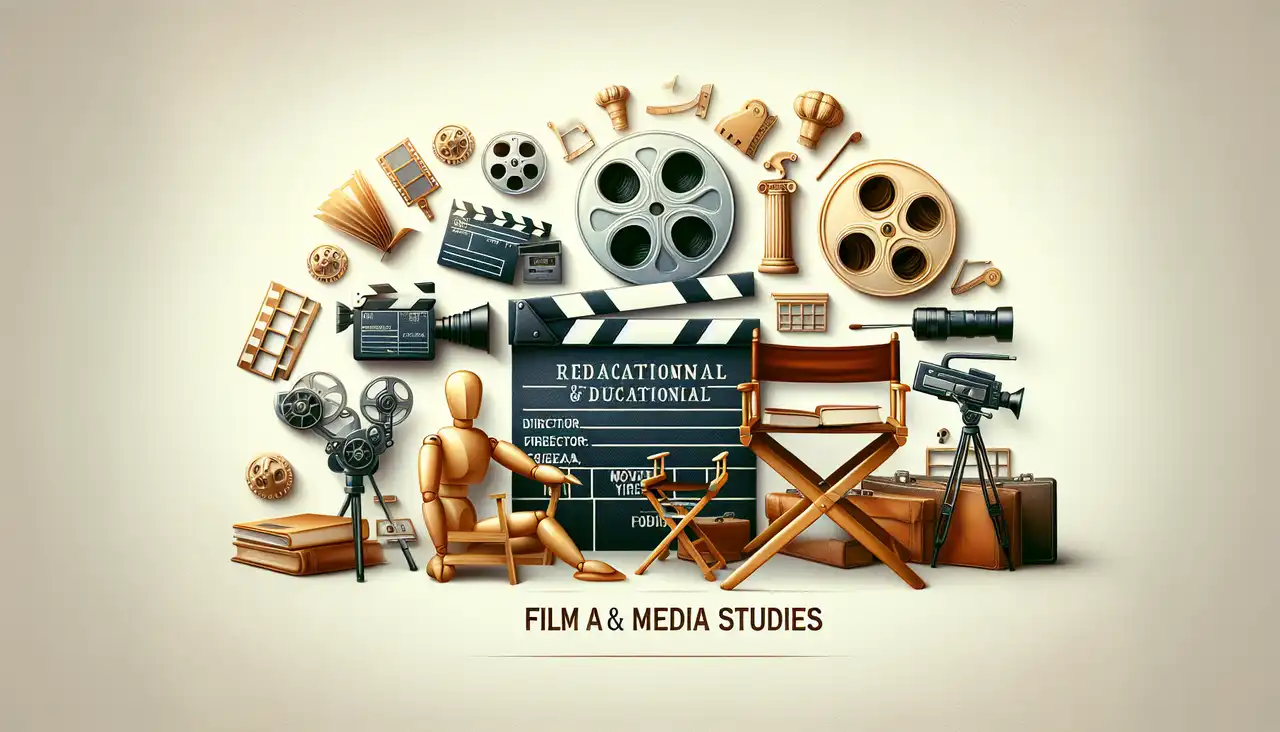

Adam Diller
At the forefront of innovation in film and media studies, Adam Diller, Ph.D., M.F.A., serves as an Assistant Professor in the Radio TV Film Department at the University of Wisconsin Oshkosh. With a robust academic background, Diller earned his Ph.D. in Documentary Arts and Visual Research and an M.F.A. in Film and Media Arts from Temple University. His scholarly pursuits and creative endeavors are deeply rooted in challenging societal perceptions of ecologies, cultures, and media. Diller's work has been showcased on international platforms, reflecting his commitment to pushing the boundaries of traditional media narratives. His research interests lie at the intersection of ecocinema, narrative filmmaking, and cinematography, where he seeks to illuminate the intricate relationships between humans and their environments. His scholarly contributions have been recognized in prestigious journals, further establishing his reputation as a thought leader in his field. Currently, Diller is engrossed in a groundbreaking project that examines the long-term impact of the Internet on human relationships with the environment. This work aims to unravel the complexities of digital interactions and their implications for ecological awareness and sustainability. Through this research, he hopes to foster a deeper understanding of how digital media can both hinder and enhance our connection to the natural world. At UW Oshkosh, Diller is dedicated to nurturing the next generation of filmmakers and media scholars. He teaches a diverse array of courses, including narrative filmmaking, cinematography, screenwriting, and ecocinema. His pedagogical approach emphasizes critical thinking, creativity, and a profound appreciation for the power of storytelling in shaping cultural and environmental consciousness. Beyond the classroom, Diller is actively involved in various academic and community initiatives that promote sustainable practices and media literacy. His passion for integrating ecological themes into media education inspires students to consider the broader implications of their work and to engage with pressing global issues through their creative endeavors. In his ongoing efforts to bridge the gap between academia and industry, Diller continues to explore innovative ways to incorporate emerging technologies into his research and teaching. His work not only enriches the academic community but also contributes to a more informed and environmentally conscious society.